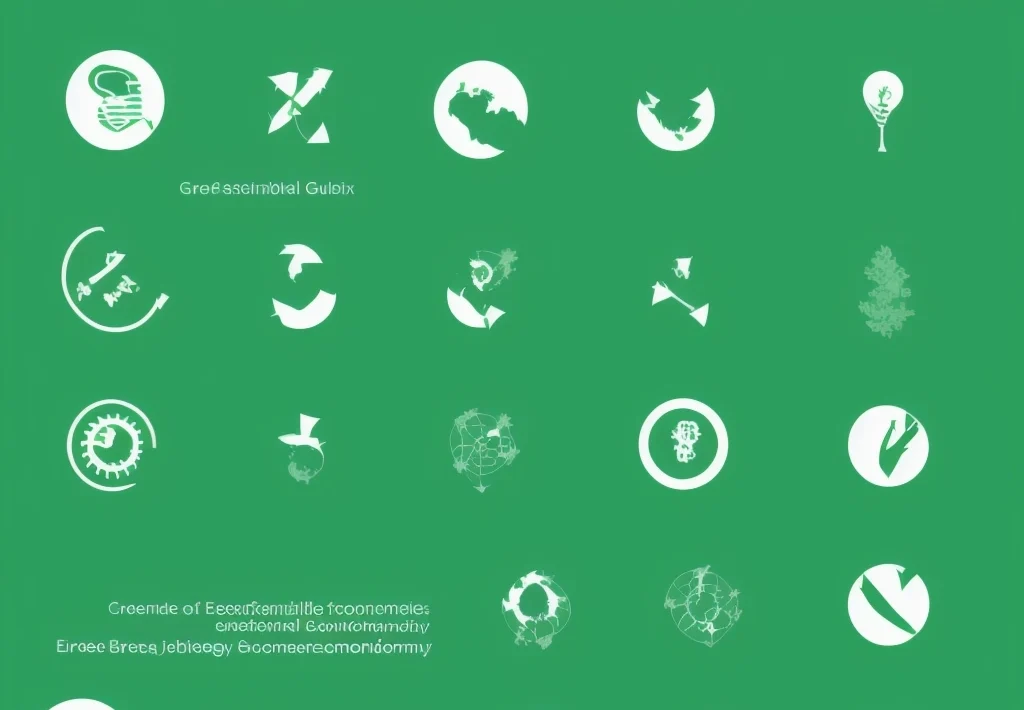Navigating the Green Frontier: Sustainable Careers in South Africa’s Emerging Economy
South Africa, a nation rich in biodiversity and natural resources, faces the dual challenge of addressing pressing socio-economic inequalities while mitigating the impacts of climate change. The transition to a green economy presents a unique opportunity to tackle both these issues simultaneously, creating a more sustainable and equitable future. This burgeoning green economy is not merely a global trend; it’s a national imperative, shaping the job market and offering a wealth of exciting career opportunities for skilled professionals. This article delves deep into the landscape of sustainable careers in South Africa, exploring local job market trends, relevant employment laws, and highlighting promising career paths for those seeking to contribute to a greener future.
The Rise of South Africa’s Green Economy:
South Africa’s commitment to sustainable development is enshrined in its Constitution and further reinforced by its National Development Plan (NDP), the National Climate Change Response Policy, and its Integrated Resource Plan (IRP). These frameworks lay the foundation for a transition towards a low-carbon, resource-efficient economy. The IRP, for example, outlines a shift towards renewable energy sources, creating significant demand for professionals in fields like solar, wind, and hydropower. The government’s commitment to green building practices and sustainable infrastructure development further fuels demand for professionals in green architecture, engineering, and construction.
Job Market Trends and Emerging Opportunities:
The green economy is no longer a niche sector; it’s a driving force in the South African job market. Several key trends are shaping the landscape:
- Renewable Energy Boom: The increasing focus on renewable energy sources is creating numerous job opportunities in areas like project management, engineering, installation, maintenance, and research. Solar photovoltaic (PV) installers, wind turbine technicians, and energy efficiency consultants are in high demand.
- Sustainable Agriculture and Food Systems: The need for sustainable agricultural practices and food security is driving growth in areas like organic farming, permaculture, agroforestry, and food processing. Experts in soil conservation, water management, and sustainable supply chain management are increasingly sought after.
- Green Building and Infrastructure: The construction industry is undergoing a green transformation, with a growing emphasis on energy-efficient buildings, green building materials, and sustainable infrastructure development. Architects, engineers, and construction managers with expertise in green building certifications and sustainable design principles are highly valued.
- Environmental Management and Conservation: South Africa’s rich biodiversity necessitates robust environmental management and conservation efforts. This creates demand for environmental scientists, conservationists, park rangers, and environmental impact assessment specialists.
- Circular Economy and Waste Management: The transition to a circular economy, focused on reducing waste and maximizing resource utilization, is creating opportunities in waste management, recycling, and upcycling. Experts in waste auditing, resource recovery, and circular economy business models are in demand.
- Green Finance and Investment: Funding the transition to a green economy requires specialized financial expertise. Green finance professionals, impact investors, and sustainability analysts play a crucial role in directing capital towards sustainable projects and businesses.
Navigating the Legal Landscape:
South African employment law provides a framework for fair labor practices and worker protection within the green economy. Key legislation includes:
- The Labour Relations Act: This act governs the relationship between employers and employees, including issues related to collective bargaining, dismissals, and dispute resolution.
- The Basic Conditions of Employment Act: This act sets minimum standards for employment conditions, including working hours, leave, and remuneration.
- The Occupational Health and Safety Act: This act ensures the health and safety of workers in all industries, including those involved in green sector activities.
- The National Environmental Management Act: This overarching legislation provides a framework for environmental management and protection, impacting various green sector activities.
- Specific sector regulations: Certain green sectors, such as renewable energy and waste management, have specific regulations that govern their operations and impact employment practices.
Building a Green Career:
For individuals seeking a career in South Africa’s green economy, several pathways exist:
- Formal Education: Universities and colleges offer a range of qualifications relevant to the green economy, including degrees and diplomas in environmental science, engineering, sustainable agriculture, and renewable energy technologies.
- Vocational Training: Vocational training programs provide practical skills in areas such as solar PV installation, wind turbine maintenance, and green building construction.
- Internships and Apprenticeships: Gaining practical experience through internships and apprenticeships can be invaluable for entering the green job market.
- Professional Development and Certifications: Specialized certifications, such as LEED accreditation for green building professionals, can enhance career prospects and demonstrate expertise.
- Networking and Industry Engagement: Engaging with industry associations, attending conferences, and networking with professionals in the green sector can open doors to job opportunities.
Challenges and Future Prospects:
Despite the immense potential, the development of South Africa’s green economy faces certain challenges:
- Skills Gap: A shortage of skilled professionals in certain green sectors can hinder growth and innovation. Bridging this skills gap through education and training is crucial.
- Funding and Investment: Securing adequate funding for green projects and businesses remains a challenge. Attracting private sector investment and promoting green finance mechanisms are essential.
- Policy and Regulatory Uncertainty: Inconsistencies or delays in policy implementation can create uncertainty and deter investment in the green economy.
- Just Transition: Ensuring that the transition to a green economy is socially just and benefits all South Africans is paramount. Reskilling and upskilling programs for workers in traditional industries are crucial to avoid job losses and create opportunities for inclusive growth.
The green economy presents a transformative opportunity for South Africa. By investing in skills development, promoting innovation, and fostering a supportive policy environment, the country can unlock the full potential of its green economy, creating a more sustainable, equitable, and prosperous future for all its citizens. The time to embrace a green career is now, as the demand for skilled professionals in this burgeoning sector continues to grow, shaping a brighter future for both individuals and the nation.
